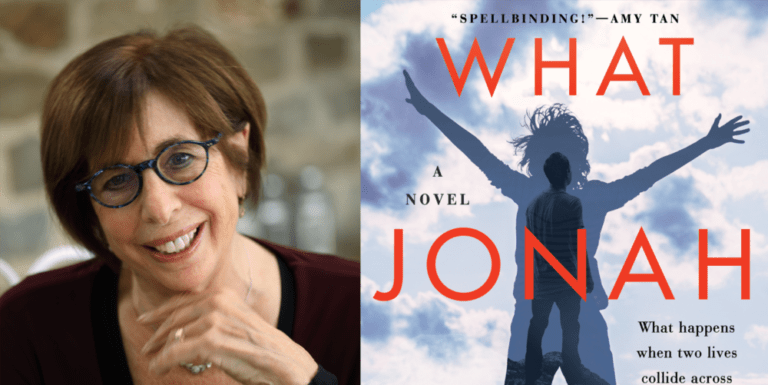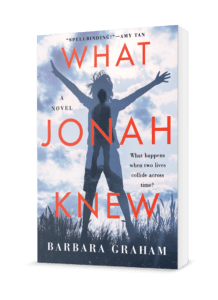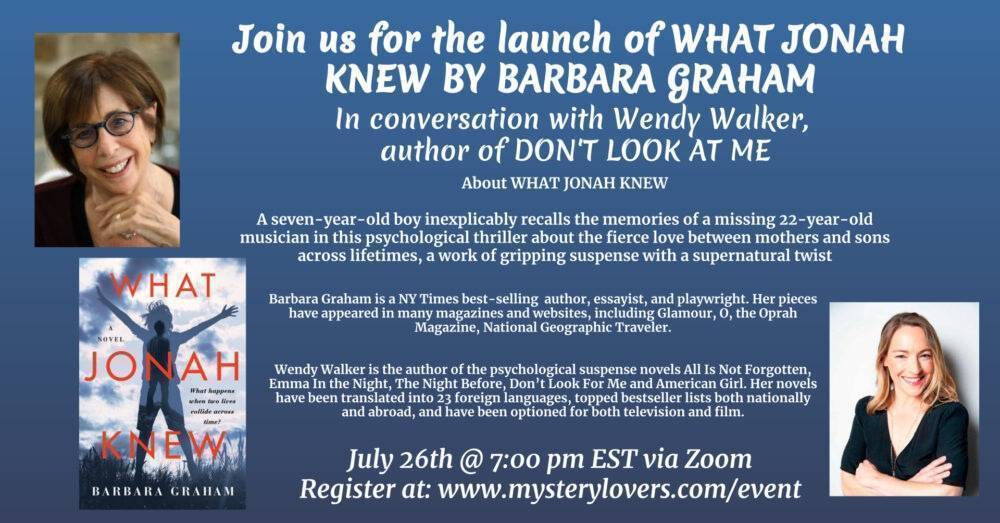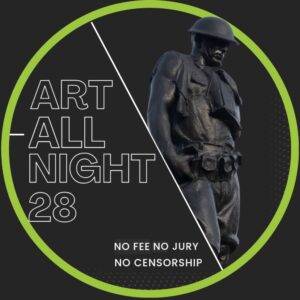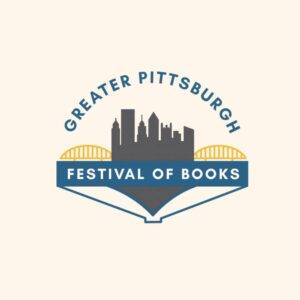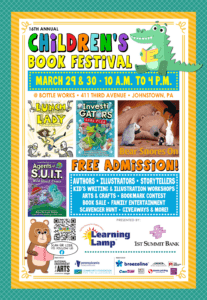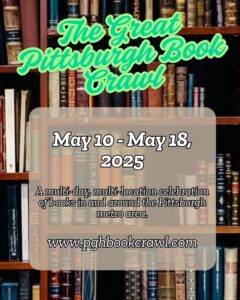“A spellbinding literary thriller packed with psychological suspense and profound questions about motherhood, trauma and how death illuminates life.” — Amy Tan, bestselling author of The Joy Luck Club and Where the Past Begins
“How does 7 year old Jonah who’s always cried for his ‘other’ mother, know details of the life of Henry Bird, who vanished years ago? And does Jonah hold the clue to Henry’s disappearance? This riveting psychological thriller raises provocative questions about life and death.” —People Magazine
From the Publisher: “A seven-year-old boy inexplicably recalls the memories of a missing 22-year-old musician in this psychological thriller about the fierce love between mothers and sons across lifetimes, a work of gripping suspense with a supernatural twist.”
More info About the Author: Barbara Graham is an author, essayist, and playwright. Her pieces have appeared in many magazines and websites, including Glamour, O, the Oprah Magazine, National Geographic Traveler, Psychotherapy Networker, Redbook, Self, Time, Utne Reader, Vogue, and npr.org, in addition to being collected in numerous anthologies. She is the author of the New York Times bestseller Eye of My Heart, the national bestseller Women Who Run with the Poodles, and Camp Paradox, a memoir. Her plays have been produced Off-Broadway at the WPA Theatre in New York and at theaters around the country. For more about Barbara Graham and her writing, visit: https://barbaragrahamauthor.com.
Author Site Book Event: New York Times bestselling author and journalist Barbara Graham will be celebrating her book launch at Mystery Lovers in Oakmont in conversation with Wendy Walker on Tuesday July 27, 7 pm EDT!
Event “Profoundly entertaining and entertainingly profound. What Jonah Knew is a celebration of the vital and powerful ties that bind us-to our children, to our selves, and to each other-across space and time.” —Ruth Ozeki, author of The Book of Form and Emptiness and A Tale for the Time Being
“Barbara Graham is a literary alchemist. What Jonah Knew not only grabs you from the first page, it makes the mystical believable and the human predicament shine with wit, wisdom, and love.” —Tara Brach, meditation teacher and bestselling author of Radical Acceptance and Radical Compassion
What Jonah Knew is your first foray into fiction. What inspired you to write this novel?
As a journalist I wrote a lot about psychology, including memory and trauma. Some years ago I was assigned to write a magazine article about past-life regression therapy. As part of my research, I had a session with a past-life therapist and I had a memory of a pretty gruesome life during the Holocaust. The session shook me up, but I didn’t know what to make of it. Was it real or imaginary? Not long after that, a friend gave me a copy of a book by Dr. Ian Stevenson, a psychiatrist at the University of Virginia who for decades had been studying young children who began talking spontaneously at a very early age—usually between two and four—about a previous life. The research was both credible and compelling—and blew me away.
At the same time I was pursuing my interest in Buddhist meditation and heard various Tibetan Buddhist teachers—who were considered to be reincarnations themselves, including the Dalai Lama—talk about past and future lives as casually as last Thanksgiving or next Christmas. I was fascinated by all of it. And then one day the idea for the novel just came to me as a sort of download while walking down the street.
Was writing fiction a challenge for you?
There was a big learning curve in making the leap, but writing What Jonah Knew was the most fun I’ve ever had—that is, except on the days when I felt like tearing my hair out. Seriously, the big difference between writing fiction and nonfiction is the creative freedom. With fiction, you have carte blanche. You don’t have to stick to the facts. You may include real research in your work, as I did, but then you’re free to invent the rest. Though I’ve loved writing memoir and personal essays, I always felt somewhat limited by my own experience. Fiction opens up a whole world of fresh possibility. The writer Jessamyn West said, “Fiction reveals truths that reality obscures,” and I agree wholeheartedly.
In the book, two mothers set out to make sense of a situation that goes beyond their own experience and reality of motherhood. Did writing the book change your own perspective on motherhood?
I wouldn’t say it changed my perspective; rather, it deepened it. The situations that Helen and Lucie—the two mothers in the book—experience are unlike anything I’ve encountered in my own life, and that took me places I’d never been, some of them quite painful. When my son was born, like most mothers—and fathers—I discovered that for the rest of my life my heart would be running around outside my own body. Motherhood is a lifelong high-wire act, balancing fierce love with letting go. You do all you can to protect your children, while surrendering to what you can’t control. But at a certain point you really do have to let go and let your kids find their own way in the world, mistakes and all. In my view, the love of a child is the most exquisite—and sometimes painful—love there is. I’ve had no choice but to write about it.
When did the thriller element enter your story? Was it something that you planned from the beginning or did the story evolve that way?
The thriller element came as part of the original download for the story. The material itself suggested that a novel of psychological suspense was the way to go. There were so many juicy questions to ask: What lengths would a mother go to if her adult son suddenly vanished? How would the other mother in the story react if her three-year-old son suddenly announced that he had another mom? That he’d been killed in a previous life? What would happen if he encountered that other mom or, worse, much much worse, the murderer? There was no way to write this story except as a thriller!
Your book was just published on July 5th. How has it been received so far? Any surprises?
Yes, there have been many wonderful surprises. I’d hoped that readers would be both captivated and moved by the story, and that has certainly happened. But I wasn’t quite expecting how deeply some people would be affected. Just yesterday a reader who is grieving her father’s sudden death wrote me and said that for her the book wasn’t “just a bona fide page turner, but a lifeline thrown to a woman drowning in a churning sea of grief.” Hearing that really knocked me out. Another woman, a bookstore manager, told me that she’d suffered many losses recently and that the novel helped her move through them. These were reactions I had not anticipated. In a certain way, What Jonah Knew is a spiritual book about grief, loss and, ultimately, healing and love, dressed up as a thriller—even though when I started the book, I didn’t know that’s what I was writing. Wendy Walker more or less said this in her endorsement of the book—and I’m really excited to be able to talk to her about it for the first time with Mystery Lovers Bookstore!


